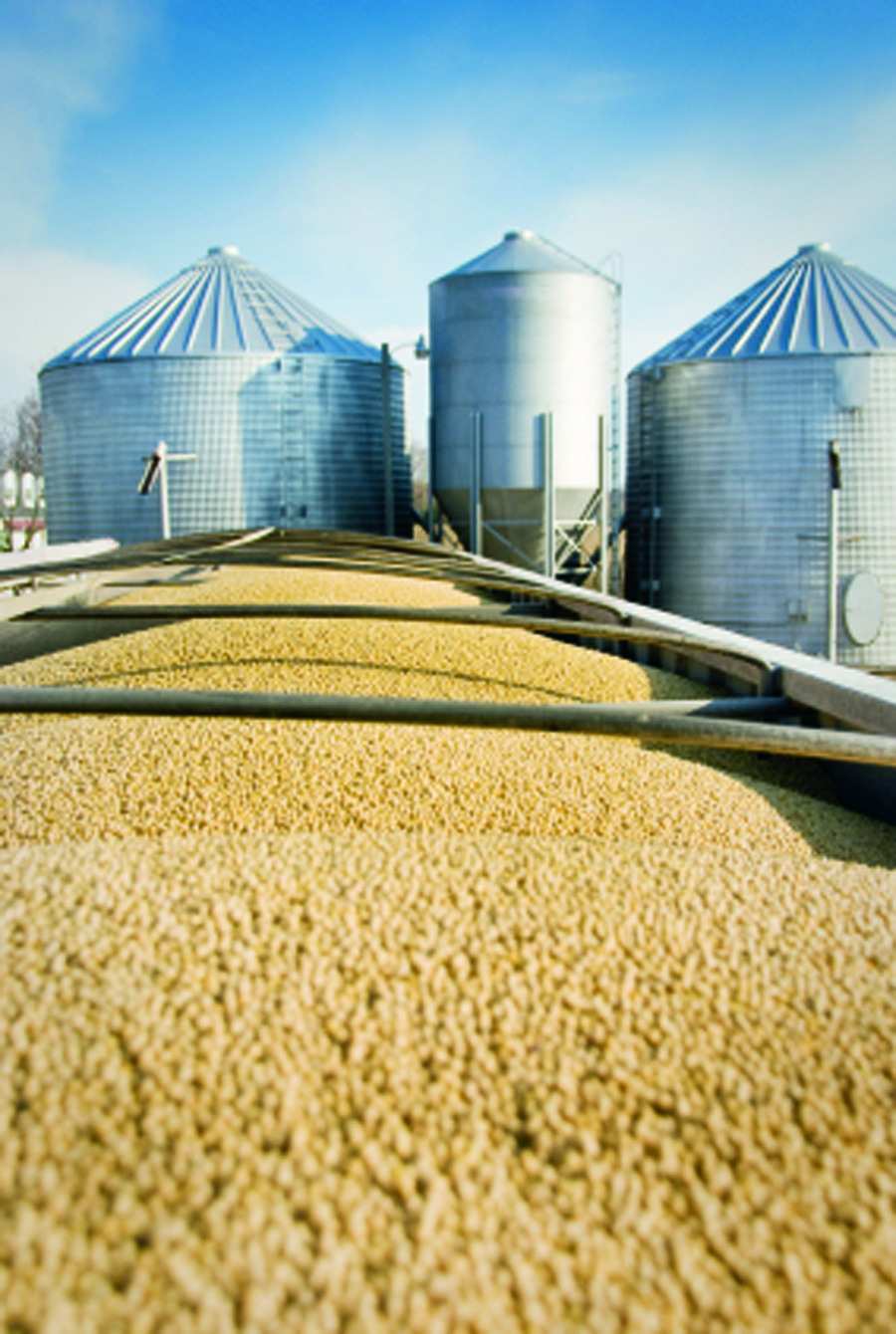Company implicated in organic grain fraud connected to similar incident in 2007

Jericho Solutions, which is being investigated for selling non-organic grains as organic from 2010 to 2017, was also accused of selling a railcar of GMO soybeans as organic in 2007.
The company recently implicated in a scheme to sell non-organic corn and soybeans as organic was also connected to a fraudulent shipment of organic soybeans in 2007.
Jericho Solutions and its president Randy Constant are now under investigation in a scheme to sell fraudulent organic grains. Three farmers have pleaded guilty to participating in the fraud, which involved marketing the farmers’ non-organic corn and soybeans as organic and was allegedly masterminded by Constant.
“Someone is trying to make money by mixing GM soybeans with organic”
In 2007, Jericho Solutions was connected to a railcar shipment of fraudulent organic soybeans to Mary Jo Rablin, owner of Nevada Soy Products, a processor of organic soybean oil and meal, based in Citrus Heights, California. Rablin said the soybean shipment from Jericho Solutions claimed to be organic but laboratory testing revealed the soybeans contained genetically modified material, a violation of the National Organic Program rules. Rablin said she lost $100,000 due to the GMO contamination.
Parm Randhawa, owner of California Seed and Plant Lab, which conducted the GMO tests for Rablin, was surprised by the high level of GMOs found; one sample testing as high as 20 percent GMO.
“It is either from unintentional mixing of the railcar (with GM soybeans), or someone is trying to make money quick (by mixing GM soybeans with organic),” Randhawa said.
Bills of lading for the soybean shipment to Rablin were signed by Constant.
Linda Holthaus, a representative of Jericho Solutions, denied at the time that her company was at fault, blaming the problem on Nevada Soy.
Rablin’s organic certifier, Nevada Department of Agriculture, filed a complaint with the USDA’s National Organic Program (NOP) for Nevada Soy Products but Rablin said she was never contacted by the NOP and nothing ever resulted.
The incident was described in an article in The Organic & Non-GMO Report from June 2007.
Scheme to sell fraudulent organic grains from 2010 to 2017
In a recent, highly publicized organic fraud case, Constant allegedly convinced three Nebraska farmers to allow him to market their non-organic corn and soybeans as organic. Clarence Mock, an attorney for the farmers, Michael Potter, 41, James Brennan, 40 and Brennan’s father, Tom, 70, “convinced themselves to look the other way” while Constant marketed the non-organic corn and soybeans they grew in Overton, Nebraska, as certified organic, according to Mock. The farmers received significantly higher prices for their grain than they would have selling it as conventional. Mock said the farmers rationalized their involvement because they weren’t personally misrepresenting the grain to customers.
Mock told the Associated Press that his clients’ conduct “could be characterized as going along for a ride in a vehicle that was driven by Mr. Constant.”
The farmers admitted to knowing that the grain came from fields not certified organic or from certified fields where they applied pesticides and fertilizers prohibited by the National Organic Program rules.
The farmers recently pleaded guilty to felony wire fraud charges in Cedar Rapids, Iowa and face potential prison sentences as well as orders to forfeit potentially millions of dollars. Prosecutors say the three conspired with Constant to defraud customers nationwide who thought they were purchasing organic grains. The scheme lasted from 2010 to 2017 and generated at least $10.9 million.
Constant hasn’t been charged but the investigation is ongoing and additional charges may be brought.
Deterrent to prevent future fraud
Mark Kastel, executive director of the organic industry watchdog Cornucopia Group, said such fraud incidents hurt the organic industry and farmers.
“These large-scale problems have an impact on the entire market and the reputation of the organic label,” he said in an interview with the Associate Press. “These cases are not the rule. They are the exception. Now that this is almost a $50 billion industry, it’s so lucrative. Fraud opportunities exist. Farmers are business people who are operating ethically but being placed at a competitive disadvantage.”
Kastel says the USDA needs to be more aggressive in prosecuting and reporting organic fraud so that it acts as a deterrent from future incidents.
“Individuals that engage in fraud need to have their reputations and businesses destroyed so that people will think twice about pulling this type of thing off.”
The organic grain fraud incident comes at a time when there are increasing concerns about fraud in the organic industry. These concerns increased with a May 2017 investigative report by the Washington Post, which described large shipments of corn and soybeans from Turkey labeled organic were actually conventional.
(Additional Source: Associated Press)




